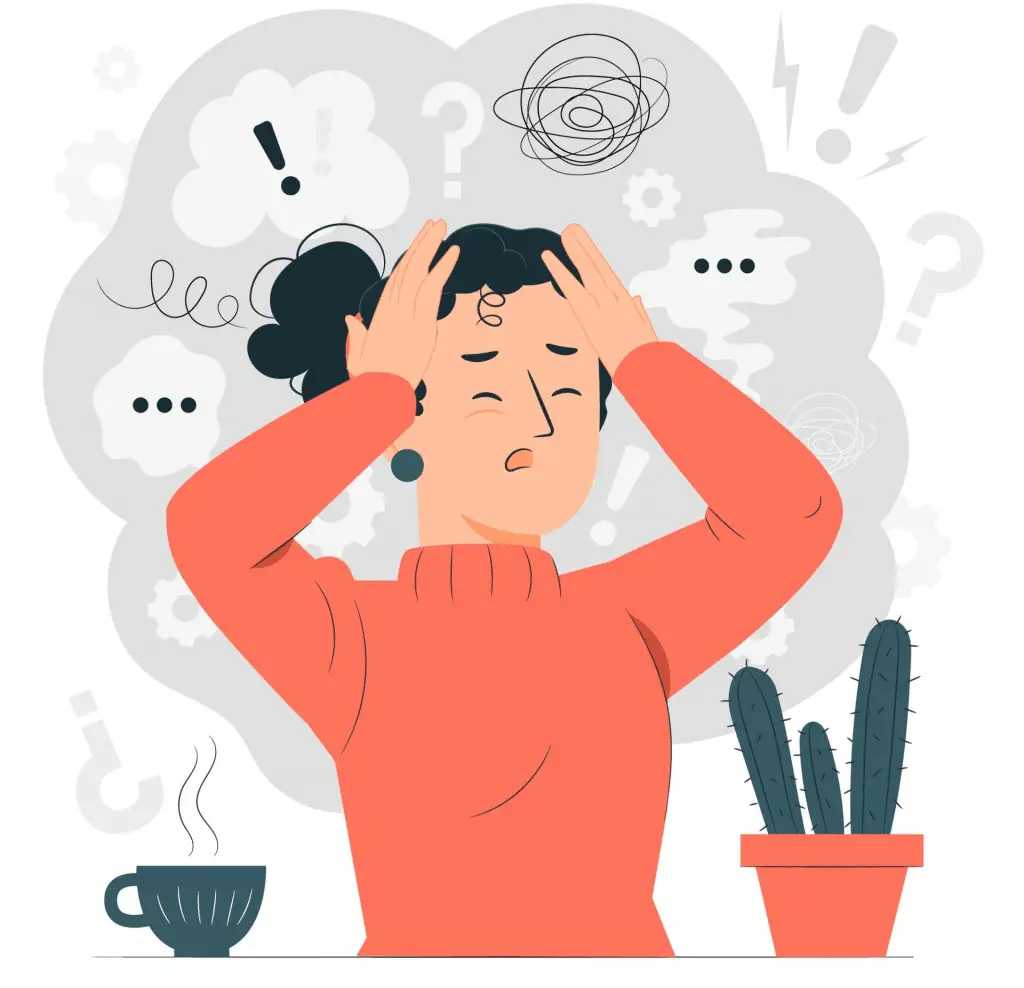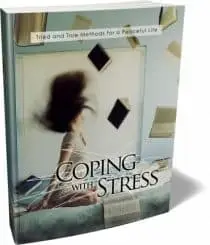Coping With Stress
Stress is an inevitable part of modern life, especially in the fast-paced 21st century. Let’s explore some strategies to manage challenges effectively:
- Understand Stress:
- What is stress? It’s our body’s response to challenging situations, whether physical, emotional, or psychological.
- Signs of stress include anxiety, irritability, fatigue, and difficulty concentrating.
- Individual Responses: Not everyone reacts to stress in the same way.
- Coping Strategies:
- Lower Expectations: Be realistic about what you can achieve.
- Seek Help: Don’t hesitate to ask others for assistance.
- Problem-Solving: Engage in practical problem-solving to address stressors.
- Emotional Support: Maintain supportive relationships.
- Emotional Composure: Find healthy ways to express distressing emotions1.
- Normalize Stress:
- Understand that feeling stressed is common, especially during difficult situations.
- Feeling stressed doesn’t mean you cannot work; it’s a normal human response.
- Prioritize self-care and mental well-being.
- Modern Challenges:
- In our 21st-century world, stressors are constant—whether due to work, technology, or global events.
- Our nervous systems may struggle to keep up with this relentless pace2.
Remember, managing challenges is essential for overall health. Prioritize self-care, seek support, and find balance in this fast-paced world.

What are some common causes of stress?
Certainly! Stress can stem from various sources, affecting our physical and mental well-being. Let’s explore some common causes:
- Work-Related Stress:
- Heavy Workload: Juggling too many responsibilities or having excessive tasks.
- Unhappiness in the Job: Feeling dissatisfied with your work.
- Long Hours: Prolonged workdays without adequate rest.
- Poor Management: Unclear expectations, lack of decision-making involvement, or unsafe conditions.
- Fear of Advancement or Termination: Insecurity about career progression or job stability.
- Public Speaking or Presentations: Anxiety related to addressing colleagues.
- Life Stresses:
- Major Life Events: Such as the death of a loved one, divorce, or marriage.
- Financial Obligations: Increased bills or financial strain.
- Job Loss: Losing employment can be highly stressful.
- Moving: Adjusting to a new home or location.
- Chronic Illness or Injury: Health challenges take an emotional toll.
- Emotional Problems: Anxiety, depression, grief, guilt, or low self-esteem.
- Caring for Sick Family Members: Providing care for elderly or ill relatives.
- Traumatic Events: Natural disasters, theft, violence, or personal assault.
- Internal Stressors:
- Worry and Uncertainty: Fear of uncontrollable events, both global (like terrorism) and personal (such as project completion or financial stability).
- Attitudes and Perceptions: How you view situations influences stress levels. Positive perspectives can mitigate stress.
- Physical Effects of Chronic Stress:
- Central Nervous System: Prolonged stress affects your fight-or-flight response, leading to symptoms like irritability, anxiety, and insomnia.
- Respiratory and Cardiovascular Systems: Stress hormones impact breathing, heart rate, and blood pressure.
- Digestive System: Stress can cause gastrointestinal issues.
- Muscular Pain: Headaches, back pain, and neck pain.
- Immune System: Chronic stress weakens immunity.
- Behavioral Changes: Overeating, substance abuse, or social withdrawal.
Remember that recognizing triggers and implementing coping strategies are essential for maintaining overall health.
How can I manage work-related stress?
Certainly! Work-related stress is a common challenge, but there are effective strategies to manage it. Here are some practical steps you can take:
- Prioritize Self-Care:
- Organize Your Tasks: Create a priority list and tackle the most challenging tasks when you’re fresh, such as in the morning.
- Take Breaks: Regular breaks throughout the day help recharge your mind.
- Healthy Diet and Exercise: Proper nutrition and physical activity contribute to overall well-being.
- Understand Your Stressors:
- Write Them Down: Identify specific stressors at work. Awareness is the first step toward managing them.
- Reframe Negative Thoughts: Challenge negative thinking patterns related to work stress.
- Time Management Skills:
- Effective Planning: Allocate time for tasks, meetings, and breaks.
- Avoid Overcommitting: Be realistic about what you can accomplish.
- Relaxation Techniques:
- Progressive Muscle Relaxation: Helps reduce muscle tension.
- Deep Breathing: Calms the nervous system.
- Mindfulness or Meditation: Promotes mental clarity and stress reduction.
- Seek Social Support:
- Talk to Colleagues: Share experiences and coping strategies.
- Build a Support Network: Friends, family, or professional counselors can provide emotional support.
- Set Boundaries:
- Work-Life Balance: Clearly define work hours and personal time.
- Learn to Say No: Avoid taking on too much.
- Conflict Resolution:
- Address Conflicts: Resolve interpersonal issues constructively.
- Effective Communication: Express concerns openly and actively listen to others.
Remember that managing work-related stress is an ongoing process. Implement these strategies consistently, and seek professional help if needed. You’ve got this!





